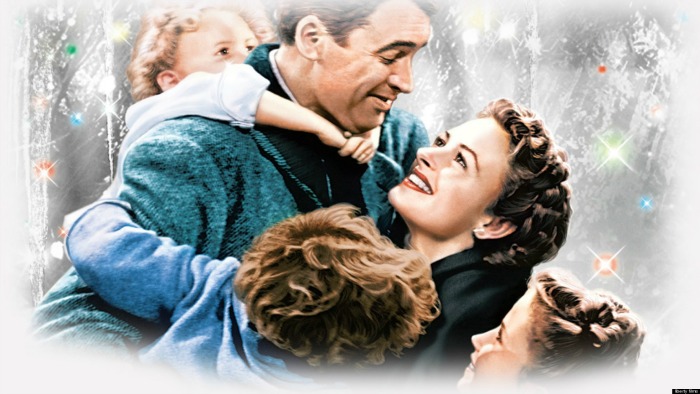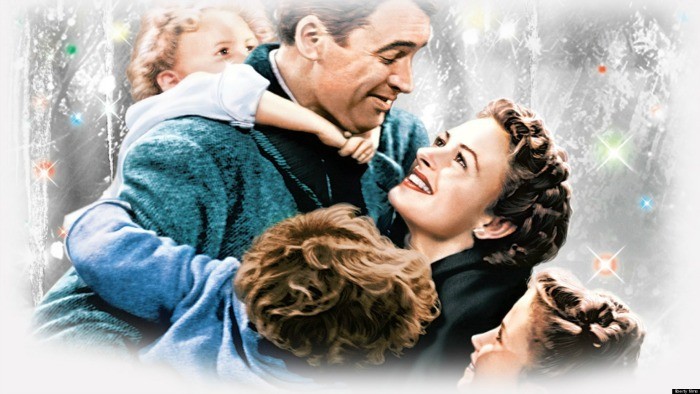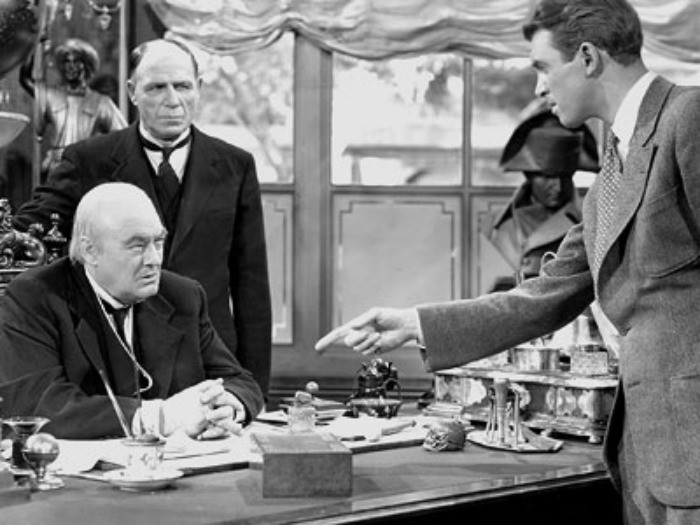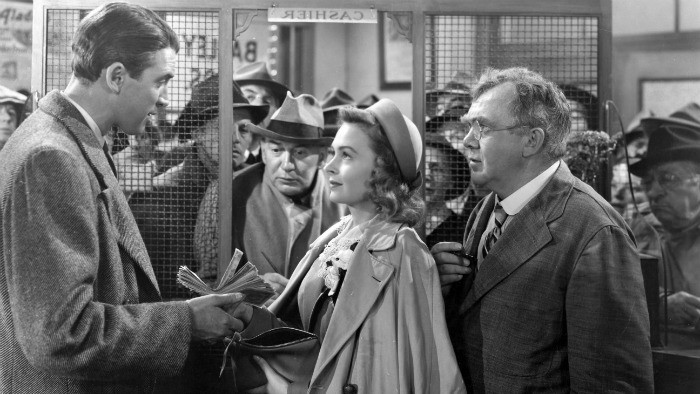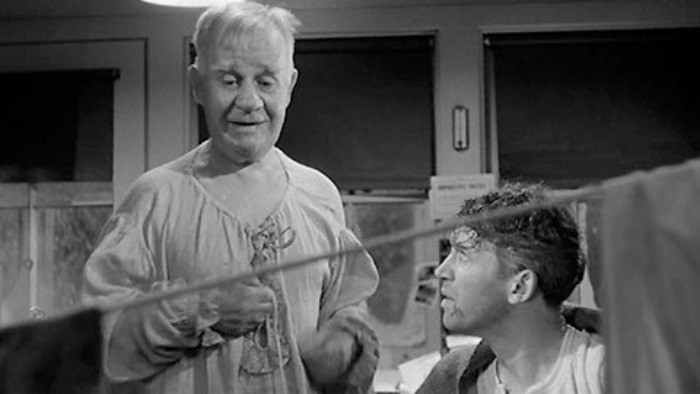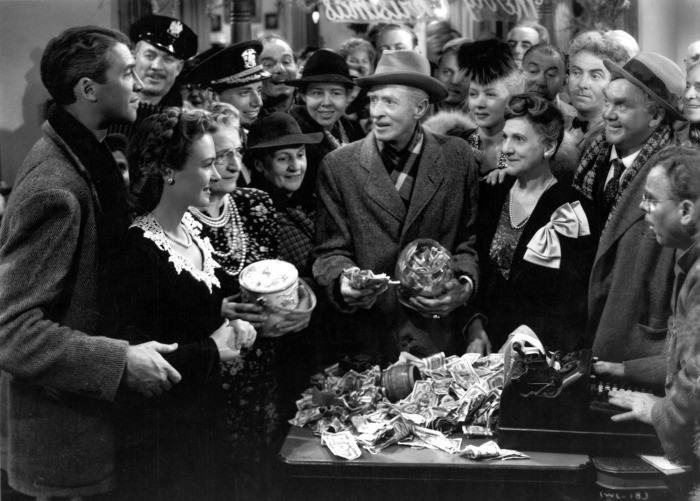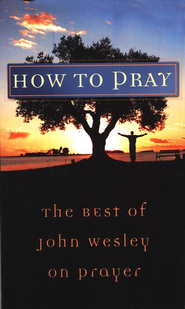The 1946 movie It’s a Wonderful Life came out as the Second World War was ending and everyone needed a feel-good story. Produced in black and white (and colored later), it didn’t make much of a splash at the time, but it has become an enduring classic, played on many TV channels at Christmas and ranking 24th on an internet movie site’s survey of the best movies of all time. That is all the more remarkable because all the movies ahead of it are mafia, violence, or fantasy.
The movie begins in heaven with a discussion between angels about the many prayers being sent up on behalf of George Bailey (played by Jimmy Stewart). George is about to be sent help in the form of a sweet, but bumbling, angel named Clarence who has yet to earn his wings. To prepare Clarence for his task, he’s shown video shorts about George’s past growing up in small town Bedford Falls. He sees how young George saves his brother Harry after he falls through an ice-covered pond. Because of it, George lost the hearing in one ear. He sees teenager George keep the grief-stricken pharmacist he works for from accidentally poisoning a customer. He sees how George foregoes his big dreams of travel and his plans to be an architect. George has to take over his father’s building and loan when his father suddenly dies to prevent the town despot, Henry Potter, from shutting down the small business and its ability to provide mortgages for townspeople.
Although George’s dreams are squashed one by one, his saving grace is the young woman he falls in love with and marries: Mary Hatch (Donna Reed). Mary helps George accept the new reality of life as it is, not as he dreamed. When Potter starts a run on the bank, Mary helps George by putting their honeymoon money in to keep the bank afloat. She makes a home out of a deserted wreck of a house and there they will raise their four children.
George does a lot of good for many, but when Uncle Billy loses a large bank deposit the day the bank auditor is due, George becomes severely depressed. After Potter says to him, “You’re worth more dead than alive,” George decides to throw himself off a bridge and let his insurance money help his family.
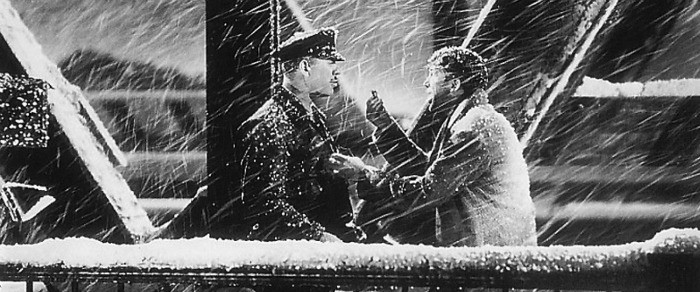
Clarence, looking very human, jumps off the bridge himself, so George can “save” him. Clarence tells George he is an angel, but George doesn’t believe it. He tells Clarence he wishes he’d never been born. So Clarence decides to let George see what life would have been like if he hadn’t been born. In this altered reality, Bedford Falls is a depressed town where his friends lead hard-knock lives in Potter’s high-rent slums. His mother is a broken-hearted old woman who would have lost her only son (Harry) in childhood. Without George there to save Harry, there would have been no Harry the war hero who saved many lives by keeping a transport ship from being sunk. Worst of all, Mary would be a timid old spinster.
Clarence brings it home when he says, “You see, George, you really had a wonderful life. Don’t you see what a mistake it would be to throw it away?”
SPOILER ALERT: After George sees what might have been, he desperately wants to live. Meanwhile, Mary has been frantically looking for George. She finds out what happened at the bank and sends out an SOS to all their friends. Pretty much the whole town comes to their house on Christmas Eve, wanting to help. When George returns home, he finds a crowd there who has donated so much money that his bank problem is solved. (Even the bank auditor shows up and donates.) Harry tells George—and George finally sees—that he actually is “the richest man in town.”
Although Donna Reed has a starring role in It’s a Wonderful Life, her part as a supportive wife reminds me of another supportive wife in the Bible. Unlike Mary Bailey, Noah’s unnamed wife was a non-speaking role. Nothing “Mrs. Noah” ever said was recorded, but we can tell something about her life from what she and her family went through in Genesis 6 through 9.
Mrs. Noah lived in an age and society where most wives obeyed their husbands without question. It was a very patriarchal society. Sometimes we have evidence that a woman argued with her husband or complained to him, but that doesn’t seem to be the case with Noah’s wife. Although all his neighbors ridiculed him because he was building a huge boat hundreds of miles from any body of water, there’s no evidence that Mrs. Noah doubted God had given him a mission. Their three sons and son’s wives also seemed to be believers. They must have helped load the ark with provisions and got on it when they were told it was time. Noah’s wife and kids saw faith, consistency, and obedience to God in Noah’s life.
The British expositor Alexander Maclaren commented on the length of time it took Noah to build the ark (in an era where people lived 500 or 600 years): “For a hundred and twenty years the wits laughed, and the ‘common-sense’ people wondered, and the patient saint went on hammering and pitching his ark. But one morning it began to rain; and by degrees, somehow, Noah did not seem quite such a fool. The jests would look rather different when the water was up to the knees of the jesters; and their sarcasms would stick in their throats as they drowned.”
Think of how Mrs. Noah must have felt at times. Many cults and groups through the centuries have claimed to be the only ones who were going to be saved and go to heaven. But once on the ark, Mrs. Noah knew who would be saved on earth, and that group could be counted on both hands with two fingers left over. She could bring on pairs of animals, but she couldn’t force her best friend to board the boat—nor her siblings, nieces, or cousins. Humans had free will and a choice to make.
Mrs. Noah also had a choice: she could either accept God’s plan and cooperate with it or choose to be miserable. She could have continually questioned God as to why the butcher wouldn’t be saved or the blacksmith. She probably knew some people she considered fairly nice even in that corrupt, evil world. And surely at some point it must have hit her: “Oh, my goodness, all the children will die!”
The ark’s door closed and it began to rain. It rained for forty days and forty nights. The water rose even higher as water was released from subterranean caverns. After five months, the whole earth was under water. Every oxygen-breathing creature was dead—except Noah and his family and the animals that would be the start of a new world. Mrs. Noah knew she could neither fully understand nor change God’s plan (and neither can we). In everything she did in her supportive role helping Noah, she showed her belief that God could be trusted.
Mrs. Noah must have been patient. After 120 years of Noah building and preaching (and gaining no converts), the family had boarded the ark. Undoubtedly, Mrs. Noah helped care for the animals on the boat ride that lasted far more than the forty days and forty nights that it rained. After the rain stopped, Genesis 8 tells us that it was at least a year before the waters receded and they were allowed to leave the ark. Think of a year in close quarters, even on a huge ship (95,000 square feet), with only your immediate family and the constant care and feeding of many animals. Think of the smells (and the stall mucking). Think of the bleeting and cheeping, the braying and naying, the howling and mooing. You get the idea.
This woman knew and trusted God to bring her family through a long and painful process. Maybe she had discovered what the fictional George and Mary Bailey did about the secret to having a wonderful life. As Victor Frankl wrote, Those who have a “why” to live, can bear with almost any “how.”
©2016 by Vicki Huffman
* Affiliate links included.
About Mentoring Moments
- Web |
- More Posts(59)

